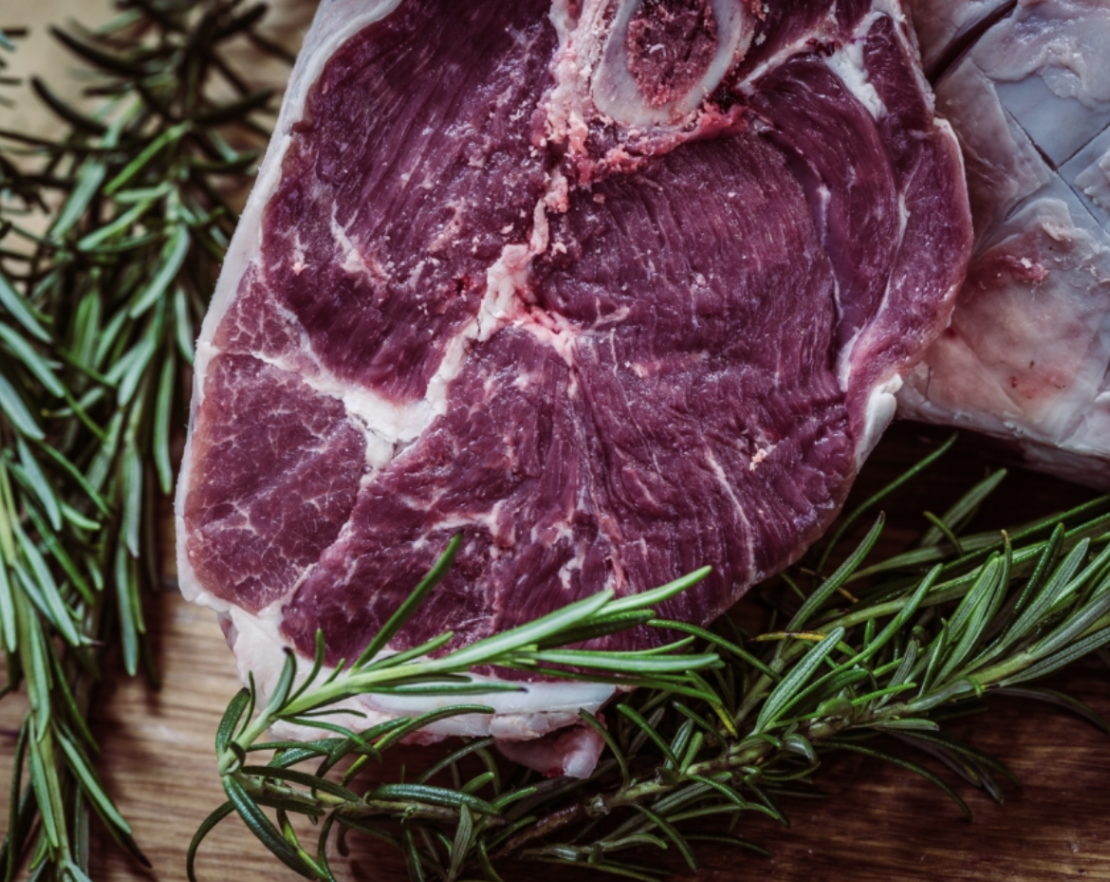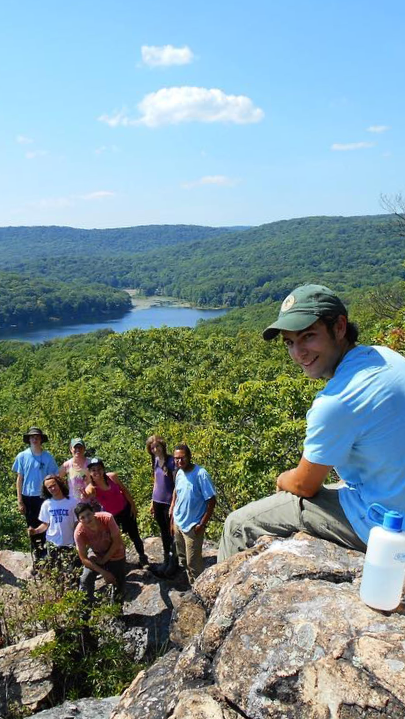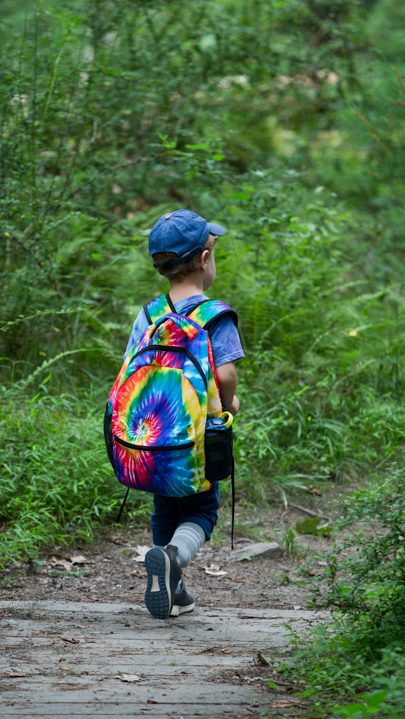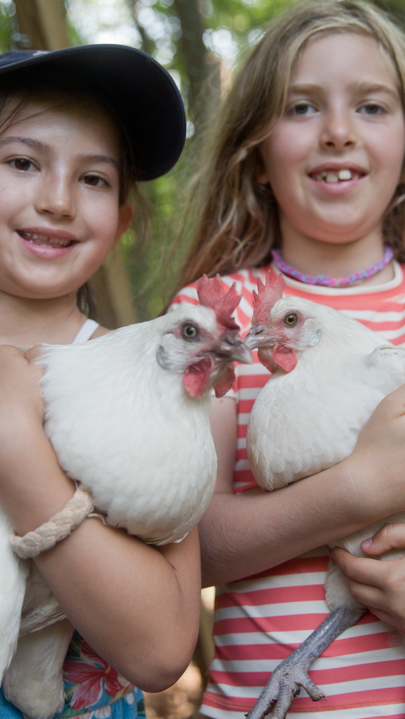Meat: An Exploration, Part II

IN PART II OF AN EXPLORATION INTO REDUCING MEAT CONSUMPTION, AYLA DUNN BIEBER DISCUSSES COMMON ROADBLOCKS TO EATING LESS MEAT, AS WELL AS HELPFUL SOLUTIONS AND TIPS…
Camp parent Lianna Levine Reisner writes:
Our family has chosen not to eat any animal products, first for health reasons, but we are really committed to this holistically because animal agriculture contributes to a huge amount of environmental degradation, from CO2 and methane emissions to land overuse and rainforest deforestation, to water use and water pollution. Meat itself is the worst offender, but poultry, dairy, and eggs are significant as well. Exercising responsibility for climate change on a day-to-day basis is very much related to what we eat, and I feel like I can have more integrity as a climate activist when I align our kitchen with our values.
There are a ton of resources about this on the web, but I really like Brighter Green’s research and position papers. I also just came across this report which summarizes the environmental benefits achieved by one school district in California that has dramatically reduced the meat and dairy in their meals. It’s worth reading to see how much the district’s footprint has been reduced by this one, relatively simple change!
I couldn’t have said it better myself. Thank you for your input and resources Lianna!
Keeping the conversation going from last month’s Dirt…
Last night, Emily Selover and I facilitated our first meeting in a three-month series on Sustainability, which we are calling Community Exchange, held at the Hungry Hollow Co-op. This month’s topic was ‘reducing our meat consumption’. We talked about roadblocks, challenges, and hesitations to reducing meat-eating; and then about tools, strategies, and resources to help us moving forward. I wanted to share some of the highlights in hopes they might resonate/help with your own exploration of the topic.
Roadblocks/Challenges/Hesitations:
- Convenience of cooking meat – ‘it’s what I know/what’s easiest’
- Partners not being on board – the need to cook separate meals
- Breaking family habits/traditions
- Time/need to pre-plan
- Worry that I won’t feel full
- Not being in touch with the process of meat production on a visceral level (it is easy to buy a clean piece of meat pre-packaged in the store)
Tools/Strategies:
- Pre-plan your meals for the week and take your meals/recipe lists with you to the store
- Get inspired to broaden your veggie-based repertoire (use Pinterest, share cookbooks, get together with friends for a recipe exchange)
- Focus on reducing by creating manageable goals
- Substitute a percentage of the meat that would normally be in your meal with a meat-free alternative (slowly weaning yourself off the reliance on meat while incorporating new recipes)
- Work on legislation to tax beef, move subsidies away from the meat industry, etc.
- Think about learning more about processing road-kill (there’s lots to read about and plenty of great arguments for this mode of meat-consumption—though it might seem wild to think about at first)
- Join a Zero-Waste community for support/ideas/friends to cook with/people to do activism work with (look no further – Emily and I are starting one! Shoot us your email address if you want to join)
Endless thanks for being on this journey together and for all your efforts toward sustainability!
Ayla




